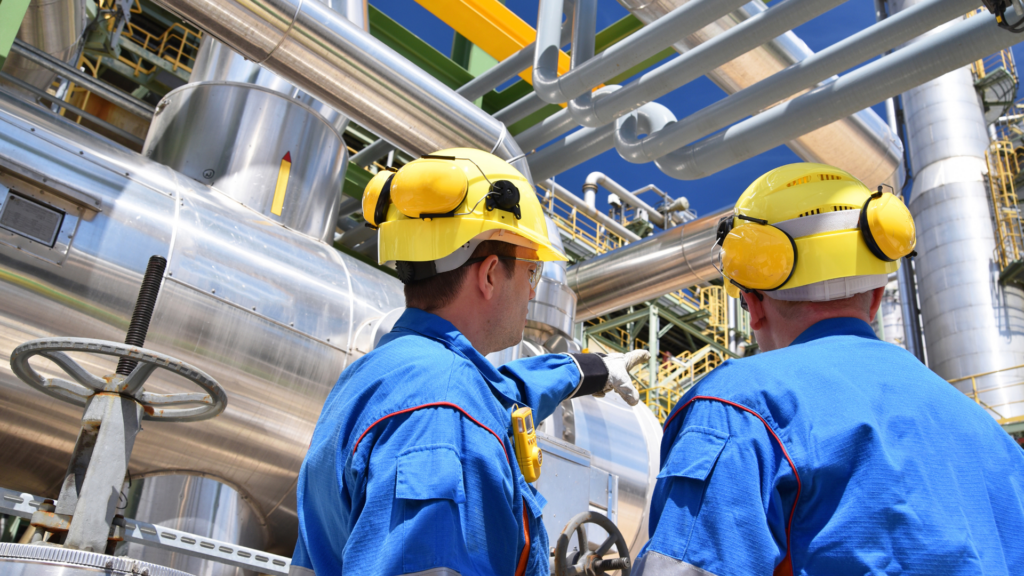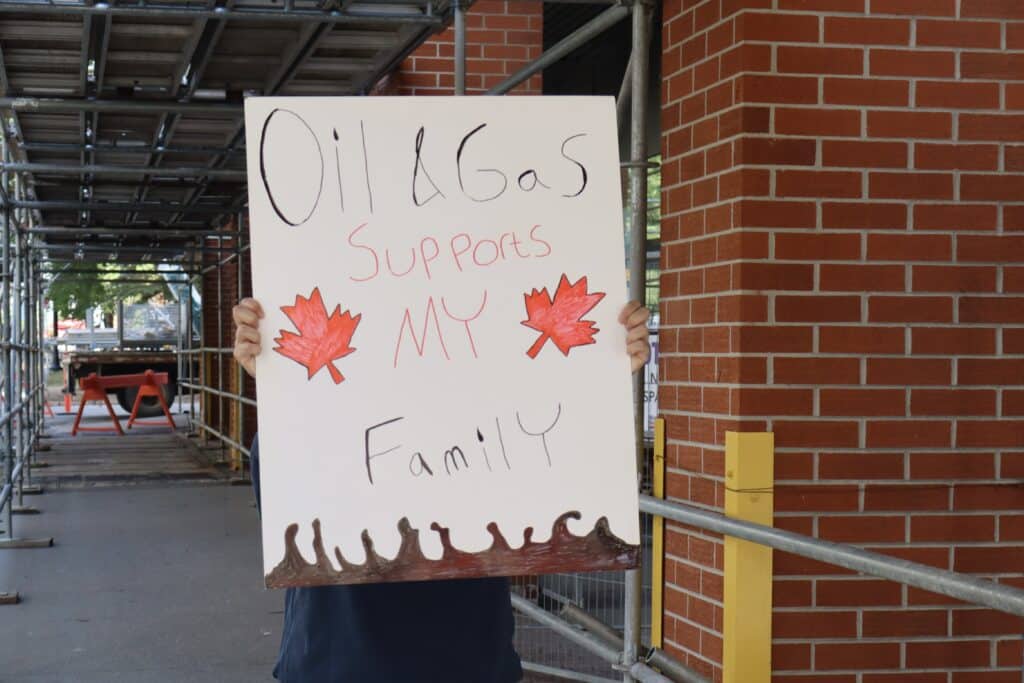
Thanking Canadian Farmers This Canada Day
Canada Day is HERE and the team at YCR wants to send a special shoutout and thank you to the people that fill bellies from sea to sea each and

Starting out as an Engineer-in-Training (EIT) in the oil and gas industry is a wild ride. It is one of those sectors where you quickly learn that no two days are ever the same. Sure, it is challenging, but that is what makes it so rewarding. Here is just a glimpse of what it is like to be an EIT in oil and gas.
If you are thinking of working in oil and gas, prepare yourself for an intense, yet amazing experience. Imagine being stationed in the middle of nowhere, surviving extreme weather, and completing tasks that range from drilling operations to pipeline design. On top of that, engineers must keep up with market prices that change faster than the weather in Canada, making budgets tighter than rusted bolts on an oil rig.
Sounds a bit stressful, but here is where it gets exciting: The industry is evolving. According to Deloitte, 77% of oil and gas companies are diving into clean energy initiatives . This is not about extracting oil anymore; it is about reshaping the energy landscape. For an EIT, that means being part of innovative projects with real-world impact. T
his may be further expressed by the statement – “clean energy investment by O&G companies has risen by an average of 12% each year since 20 10 and is expected to account for an estimated 5% of total O&G capex spending in 2022, up from less than 2% in 2020,” by Deloitte showing the shift towards clean energy.

One thing you will love (or sometimes dread) about this industry is the constant learning curve. You will work with professionals who have seen it all, from geologists mapping out underground reserves to safety officers.
But let us be real, great mentors are not enough. The Society of Petroleum Engineers found that 65% of young engineers struggle to keep up with the technical knowledge their jobs demand . Engineers who want to succeed will have to put in the work dedicating time for studying while also working. That said, the skills you pick up here are worth their weight in gold. You will learn things you will not find in any textbook, and that kind of experience sticks with you for life.
Personally, I am drawn by challenging projects in areas like turbine systems and energy optimization. And, I’m looking forward to applying what I am learning through mechanical engineering to solve real-world problems while also growing my technical expertise.
Work life balance is nothing new and is a part of every job. But, in oil and gas it can feel like a pipe dream when you are stationed offshore for weeks at a time. Shifts last a long time for about 12 hours or more and sometimes mental health can become a real problem. But fortunately, many companies like Chevron and Shell are stepping up with wellness programs and even flexible work options to make things more manageable.
And what about safety? The industry has come a long way in reducing incidents, with a 30% drop in workplace injuries over the past decade, according to the International Association of Oil & Gas Producers . As an EIT, you are not just expected to follow safety rules, but you are also part of a team that creates a culture of safety so that it becomes a non-negotiable topic.
The future looks brighter than ever. Traditional roles like drilling and maintenance are sticking around, but new opportunities are popping up in areas like carbon capture and hydrogen production. This is not about keeping the lights on anymore; it is about building a more sustainable energy future that will not burden the next generation.
Working in oil and gas as an EIT is no walk in the park, but that is what makes it so fulfilling. You will face long hours, steep learning curves, and unpredictable challenges, but you will also grow in ways you never imagined. And now you can also be a part of the generation that makes this industry more sustainable and forward-thinking.
If this is what you expect from your career, get ready to roll up your sleeves and make a difference, and start exploring your next opportunity in engineering within the oil and gas industry.
Sign up for updates about our work at YCR. Please sign up using a personal email and not a work or school email if possible.
"*" indicates required fields

Canada Day is HERE and the team at YCR wants to send a special shoutout and thank you to the people that fill bellies from sea to sea each and

When most people think of Canada’s energy sector, they imagine oil rigs on the prairies or wind turbines spinning along the coast. But behind the scenes, there’s another critical force

In Ontario and BC, provincial governments are taking meaningful action to flip the script: Bills 5 and 15 are concrete steps towards eliminating…